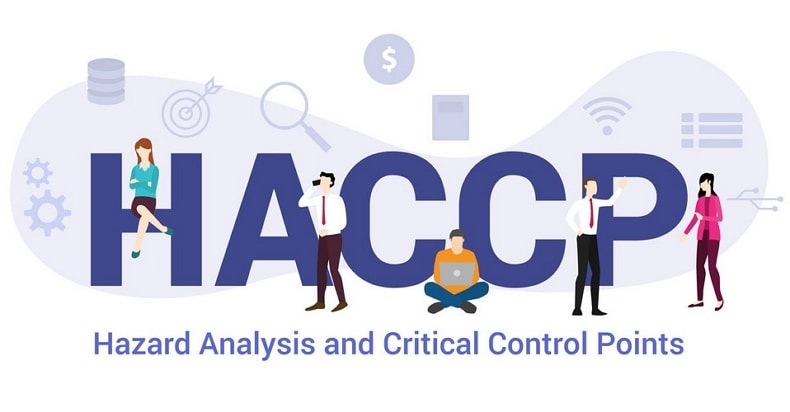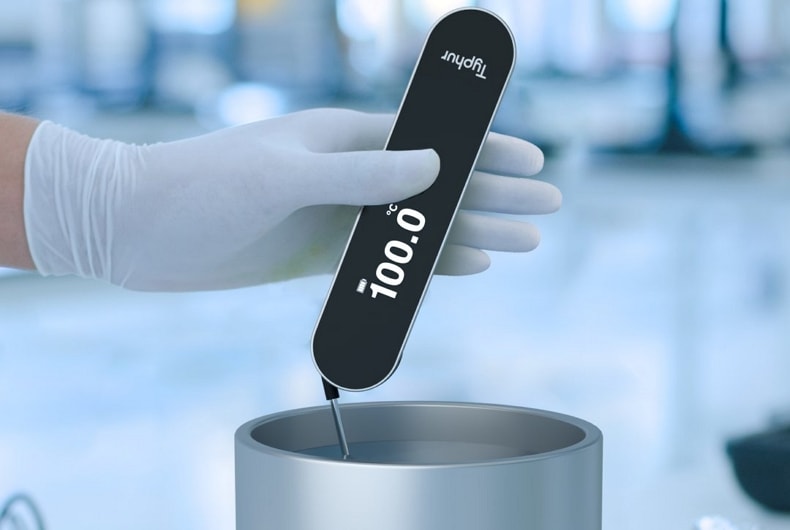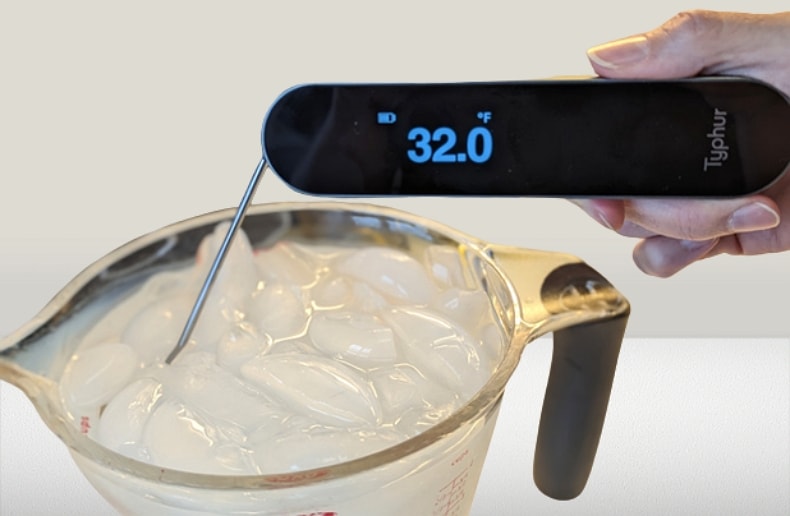You might not think much about it, but making sure the food you eat won’t make you sick is a big deal. That’s where HACCP comes in. It stands for “Hazard Analysis and Critical Control Points“. But what does that mean, and why is it important?

HACCP is like a set of rules that food companies follow to keep our meals safe. It helps them find and fix anything in the food that could make us sick. In this article, we’ll explain HACCP, why it matters, and the straightforward principles that make it work.
Whether you’re a restaurant owner, food enthusiast, or want to understand how your meals stay safe, HACCP is the key to a healthy plate. Let’s get started.
History of HACCP
In the early 1900s, the meat industry was a grim place. The floors were littered with meat, dirt, and germs, with no handwashing. Upton Sinclair’s novel, The Pure Food and Drug Act of 1906, a significant step towards food safety in the United States, was brought about by “The Jungle,” which revealed this atrocity.
Fast forward to the 1960s, when the Pillsbury Corporation, NASA, and military teams joined forces to ensure safe food for the US space program. This collaboration gave birth to HACCP (Hazard Analysis and Critical Control Points), a rock-solid food safety system. HACCP is all about preventing problems, not just testing the end product.
HACCP is based on seven key principles: hazard analysis, critical control points, critical limits, monitoring, corrective action, verification, and record-keeping. These principles form a safety net for food production and handling.
Setting up HACCP for food operations can be challenging due to various food items, stages, equipment, and handlers. But it’s worth the effort, as HACCP ensures food safety is a top priority.
HACCP principles and training help establishments keep food safe, earning them a HACCP certificate. It’s all about defining a plan, sticking to it, and embracing the seven principles of HACCP. This food safety system is now a vital part of our journey to enjoy safer meals.
What does HACCP stand for?
HACCP is an abbreviation that stands for “Hazard Analysis and Critical Control Points.” In plainer terms, it’s a technique or system intended to guarantee the food’s security.
To break it down:
- Hazard Analysis: This part of HACCP involves identifying and examining anything in food that could be harmful. It’s like inspecting the food closely to find germs or chemicals that might make people sick.
- Critical Control Points: These are specific points or stages in the food production process where we can take measures to prevent or address potential hazards. Think of them as checkpoints, like traffic lights, that ensure the food remains safe.
HACCP Certification
First and foremost, HACCP is all about food safety. Organizations use a system to ensure that the food they produce and serve is safe to eat. It goes beyond just making sure; it’s about ensuring that every step of the food production process is carefully examined and controlled to prevent potential harm.
To make things even more trustworthy, companies can obtain HACCP certification. This is like getting a special “stamp of approval” that says, “We take food safety very seriously.” HACCP-certified organizations are recognized for their commitment to ensuring the safety of the food they provide.
7 Principles of HACCP
To achieve HACCP certification, companies need to follow a set of rules and principles. These principles are like the guiding lights that make the HACCP system effective. Let’s explore the seven fundamental principles:
- Conduct a Hazard Analysis: The first step in creating a HACCP plan is to determine what could go wrong with the food. This means carefully examining the food production process to identify anything that might make people sick, such as harmful bacteria, viruses, or foreign objects.
- Identify Critical Control Points (CCPs): Once potential hazards are known, it’s crucial to pinpoint the specific spots or stages in the food production process where action can be taken to prevent or address these problems. These are the critical control points.
- Establish Critical Limits: Specific limits are set at each critical control point to ensure that everything remains safe. For example, a temperature limit might be established to ensure that bacteria in the food are killed.
- Monitor CCPs: Continuous vigilance is necessary at these critical control points. This means regularly checking to ensure everything is functioning correctly and safely.
- Corrective Actions: If a problem is detected at a critical control point, immediate steps must be taken. These steps involve adjusting the process, discarding unsafe food, or implementing other corrective measures.
- Verification: To ensure that HACCP is working effectively, it’s essential to check its performance. This includes reviewing records, conducting inspections, and ensuring the system functions as intended.
- Record-Keeping: Keeping detailed records of every step is vital to HACCP. It serves as a way to track what’s happening and demonstrate that all the rules are being followed.
HACCP in Action
For a real-world example, think about a company that produces canned tomato soup. They want to ensure that their soup is safe to eat. They create a HACCP plan:
- Hazard Analysis: They identify that bacteria can grow if the soup isn’t adequately heated during canning.
- Identify Critical Control Points: The critical control points are heating and sealing the cans.
- Establish Critical Limits: They set a temperature limit to ensure the soup is heated enough to kill bacteria.
- Monitor CCPs: Workers regularly check the temperature using a food thermometer during canning.
- Corrective Actions: If the temperature drops too low, they take steps to adjust it and ensure safety.
- Verification: The company reviews records of temperature checks to ensure the HACCP system is working.
- Record-Keeping: Detailed records of temperature checks and corrective actions are maintained.
Behind every good HACCP program is a daily checklist for recording temperatures. For recording food temperatures, a reliable meat thermometer is necessary.
Conclusion
HACCP, which stands for Hazard Analysis and Critical Control Points, is like a guardian for our food. It ensures that our food is free from harmful things that can make us sick. By following the seven principles of HACCP, companies in the food industry keep us safe by monitoring and controlling potential hazards at critical points in the food production process.
HACCP certification is a way for companies to show that they are serious about food safety, and HACCP training helps individuals learn how to implement this system effectively. So, the next time you see a “HACCP certified” label on your food, you can be confident that it’s been carefully produced to keep you and your family safe. We should all take food safety seriously, and HACCP is there to make it happen.







